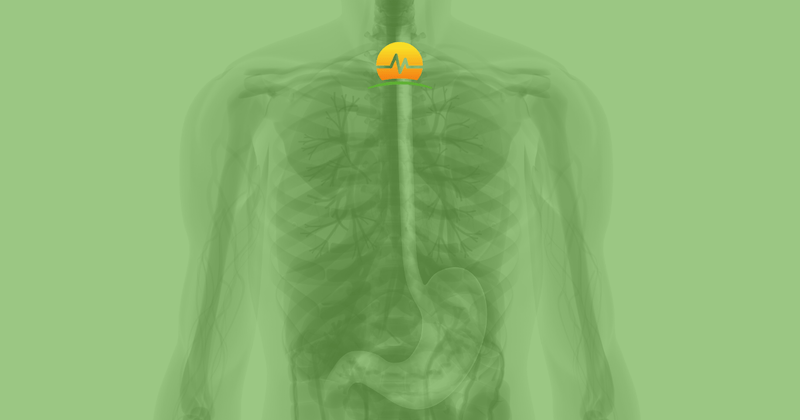
Statistics estimate that GERD affects about 20 percent of the population in the United States. To manage this condition, many people look to proton-pump inhibitor, or PPI therapy. PPI therapy is a medication, usually over the counter, that reduces the amount of stomach acid production. It is nearly impossible to completely inhibit the production of stomach acid.
Long-term Use
PPI therapy is a very effective means to treat GERD and other acid-related conditions. However, as with all medication it comes with risks and side effects. Because of the increased use over recent decades, alarms are now ringing over what effects it may have over a long period of use. PPIs are widely available, which is wonderfully convenient, but this also promotes misuse and overuse. Many believe that PPIs beings over the counter means they are completely safe. That is not necessarily true. Long-term therapy can come with unwanted effects.
Conditions that long-term PPI therapy can cause include hypergastrinemia, hypomagnesemia, C difficile, fractures, vitamin deficiency, drug interactions, dementia, and more. A lot of these words may seem unfamiliar, so let us elaborate:
- C difficile – C difficile is an intestinal infection that can occur at a higher rate for people using PPI therapy. Clostridium difficile bacteria can cause inflammation of the intestines that is caused by the stunting of healthy bacteria production in the colon. Stomach acid is an important component that fights off C difficile, so when the production is blocked it gives room for this infection to occur.
- Fractures – Yes, this means bone fractures. Studies have found a relationship with high dose or long-term PPI therapy and decreased absorption of calcium from foods. This is associated with hip, wrist, and spinal fractures. If patients have a pre-existing history of osteoporosis, PPI therapy may not be recommended.
- Vitamin deficiency – sometimes vitamin deficiencies may be associated with PPI therapy. The most common is the vitamin B-12. B-12 is supportive of red blood cell production, nervous system health, and the transformation of food into energy. This side effect is most common in the elderly or malnourished.
- Drug interactions – Some medications need an acid to function properly. Since PPI therapy decreases the production of acid, this may negatively interact with other medication and stunt efficiency. The lack of stomach acid may also interact with how medication metabolizes. Always consult with a doctor about how your medications might interact.
- Dementia – Studies have potentially found a relationship with long-term use of PPI therapy and increased risk of dementia. This could also be a result of a B-12 deficiency mentioned above. If you have a family history of dementia, talk to your doctor about the risks of PPI therapy.
The Bottom Line
PPI therapy has proven to be effective in the treatment of acid-related conditions, but it is important to be wary of the long-term effects. Talk to your doctor about how to manage your condition and how long you should depend on PPIs as your sole means of treatment.
If you would like to talk to a doctor about GERD or any other gastrointestinal condition you may have, give us a call today. MasJAX has experienced doctors that can help guide you toward effective treatment and a healthier lifestyle.





